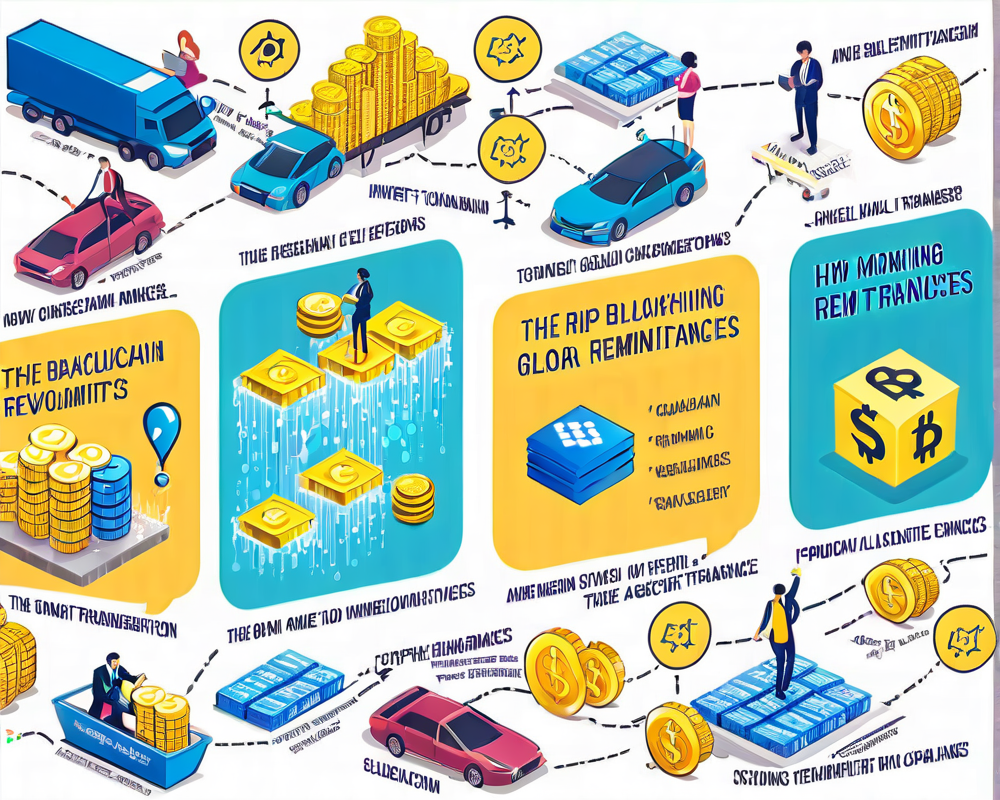Blockchain Voting: The Future is Here
In a digital age where the convenience of handling tasks on our smartphones reigns supreme, Utah County has jumped on the mobile voting bandwagon. This shift propels the county into the spotlight as it becomes the third jurisdiction in the U.S. to implement blockchain-based voting. And let’s be honest, it’s about time we take voting out of the 19th century and into our palms.
Who’s Playing in This Election Game?
The new blockchain-powered voting system is not just a pet project. It’s a collaborative effort involving the Utah County Elections Division, the innovative mobile elections platform Voatz, and support from Tusk Philanthropies along with the National Cybersecurity Center. When powerhouses unite, you know something significant is happening. Backed by $7 million in funding, thanks to Overstock’s blockchain subsidiary, Medici Ventures, this is more than just a flashy tech demo.
Key Dates You Should Remember
The voting pilot program kicked off on June 28 and runs right through to Election Day on August 13. If you’re an eligible voter, don’t get caught snoozing. This is your chance to embrace technology and cast your vote without stepping outside. The pilot is specifically aimed at active-duty military members, their dependents, and overseas voters. People overseas can finally get in on the action—they can vote while sipping coffee in a Paris café or lounging on a beach in Bali!
A Quick Look at Blockchain Voting History
Utah County may have entered the arena recently, but it’s following in the footsteps of others. Colorado, particularly Denver, was the second U.S. jurisdiction to experiment with blockchain-powered mobile voting back in March 2019. This followed the pioneering initiative in West Virginia, where the technology was first showcased during their primaries and midterm elections in 2018. It seems the secret sauce to modern democratic engagement might just be a few lines of code!
What’s Next for Blockchain Voting?
As the world watches, Utah County’s pilot program will serve as a crucial case study on the effectiveness and security of blockchain voting. If successful, this could pave the way for a broader adoption of mobile voting, making the democratic process more accessible and transparent—while also saving a few trees in the process. After all, who hasn’t wished for a simpler voting process? With the tech now available, we might finally achieve that dream!




